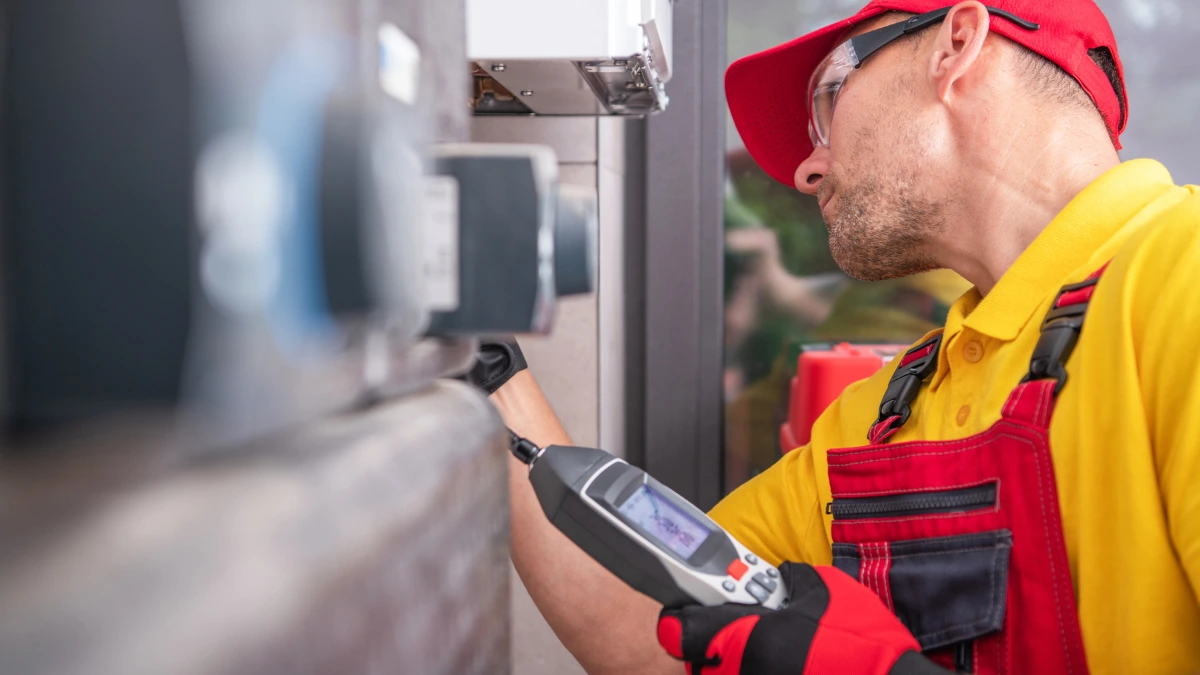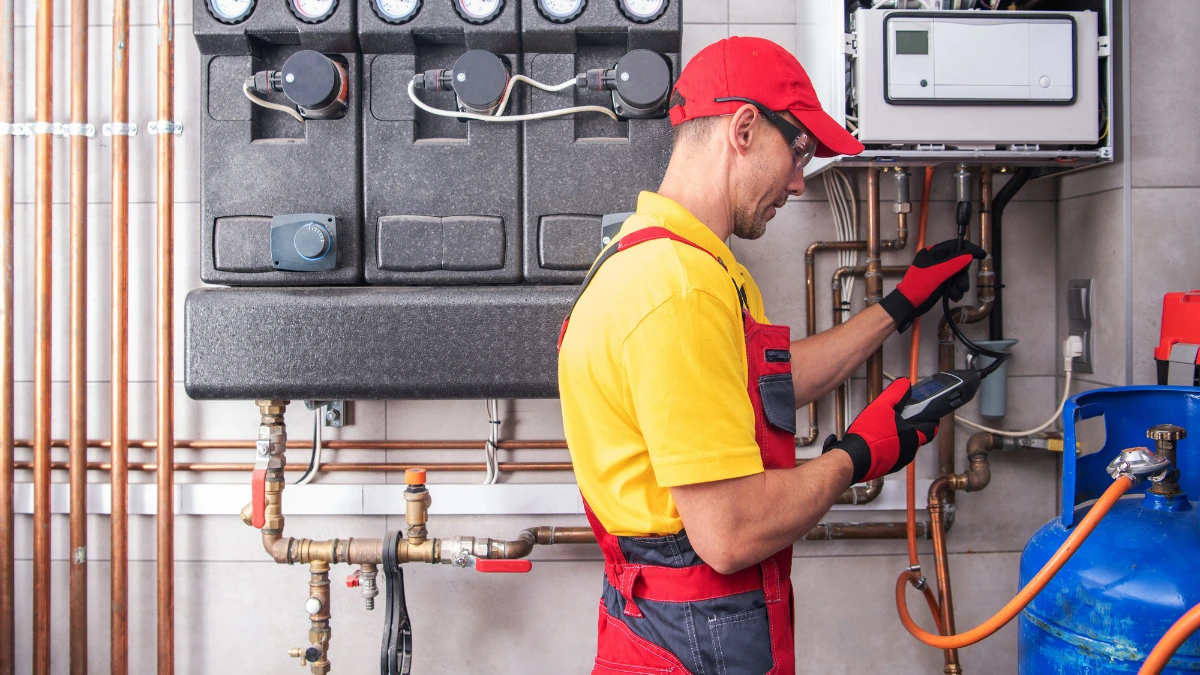A fixed gas detector is a type of gas detection device based on used that can detect the presence of hazardous gases that could potentially pose a risk to the environment due to leaks 24/7, non-stop.
The functions of a fixed gas detector include preventing workplace accidents and ensuring workplace safety. Moreover, the benefits include integration with other security systems, operational efficiency, and regulatory compliance.
This article will give you information about a fixed gas detector, including its functions, the benefits, and the features they have.
What is a Fixed Gas Detector?

A fixed gas detector is a device that is permanently installed in a specific area. Its function is to continuously monitor gas concentrations 24/7 non-stop, at a predetermined location.
These detectors are commonly used in chemical plants, oil refineries, gas processing facilities, laboratories, gas storage areas, and underground parking lots.
The Function of a Fixed Gas Detector

The fixed gas detector has several functions, from preventing workplace accidents to ensuring workplace safety. Here are some of its functions:
- Prevent workplace accidents: Able to prevent fires, explosions, or poisoning by detecting gas leaks early.
- Protect workers: The device helps protect workers from exposure to hazardous gases.
- Ensure workplace safety: To ensure the workplace remains safe, it works continuously.
The Benefits of a Fixed Gas Detector
Using a fixed gas detector provides many benefits, especially for integration with other security systems, operational efficiency, and regulatory compliance. Here are some of the main benefits:
1. Integration with other security systems One of the benefits of fixed gas detectors is their ability to integrate with other security systems, such as automatic ventilation systems, fire extinguishing systems, or other systems. With this capability, it is possible to minimize the negative impact of gas leaks.
2. Continuous monitoring in high-risk areas Fixed gas detectors can perform continuous monitoring 24/7 in high-risk areas prone to potential gas leaks. For industrial environments that operate 24 hours a day, such as oil refineries, chemical plants, and others, this is undoubtedly very helpful.
3. Can be applied across various industries Not only can it be integrated with other security systems, but the fixed gas detector can also be used across various industries, such as the oil and gas industry, chemical plants, mining, food and beverage industry, hospitals, laboratories, underground parking areas, waste disposal sites, water treatment plants, and manufacturing industries.
4. Operational efficiency Data collected by fixed gas detectors through monitoring and analysis can improve operational efficiency. Furthermore, the data can be used to optimize production processes, reduce waste, improve energy efficiency, identify areas for improvement, and implement appropriate solutions.
5. Regulatory compliance The use of fixed gas detectors in work areas is already a requirement and regulated in many countries. Having detectors in place at a company not only ensures compliance with regulations, but also ensures that safety standards.
The Features of a Fixed Gas Detector
Here are the key features of the fixed gas detector that help in easy operation and make it efficient in various working conditions:
- Sensors: Uses various types of sensors (electrochemical, infrared, catalytic, etc.).
- Alarm: Provides warnings with visual alarms.
- Display screen: For displaying gas concentrations directly.
- Remote settings: Some models can be set or calibrated remotely.
- Supports various types of outputs: Able to integrate with various other systems.
Conclusion
Those are the definitions, functions, benefits, and features of fixed gas detector that you need to know.
This detector tool is specifically designed for preventing workplace accidents to ensure workplace safety.
This type of gas detector provides integration with other security systems, operational efficiency, and regulatory compliance.
With this device, areas prone to gas leaks can be continuously monitored without interruption, enabling the detection of even the smallest leaks.